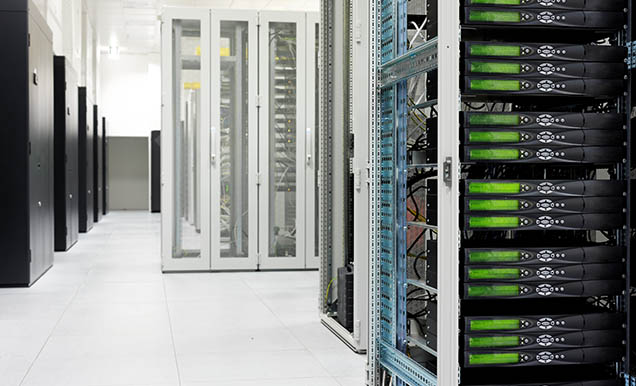Data centres aren’t the only industry recycling waste heat…

‘Waste heat’ is the term for energy not used and otherwise lost into the environment. Although capturing and making use of this waste is not a new idea, the ways in which it’s now happening has seen innovations across the globe.
The process of recovering waste heat can happen via various heat recovery technologies and has been used in industrial applications for some years now, with data centres often considered leaders in this given the challenges they face in controlling conditions and actively managing their HVAC energy consumption. But they’re not alone in this innovation:
In Ruwais, Abu Dhabi, ADNOC’s General Utilities Plant is set to revolutionise its power and water generation by using heat generated at the site to propel two new steam-powered turbines. This will be able to produce an additional 62,400 cubic meters of distillate water per day and 230 megawatts (MW) of power to the region. Upon completion, expected in 2023, the innovative build will increase the thermal efficiency of the site by nearly 30% and reduce dependence on the national grid, where power transmission cable supply is required to carry the load. The US$ 600 million (EUR 700.6 million) project by General Utilities Plant has been seen as crucial to the ongoing expansion of Ruwais smart growth strategy in providing electricity and water to the entire industrial complex.
Meanwhile in Australia, Smurfit Kappa has started construction at a paper mill that will use generated heat waste to assist in powering a sustainable district heating solution. The new heat extraction plant is to be part of a joint venture with Bioenergie Group. Plans for the Nettingsdorf Paper Mill is to capture and convert up to 25MW of heat generated during the production process. Heat will be distributed to the district heating network, which connects to 10,000 households in the town of Ansfelden.
Günter Hochrathner, Chief Executive of Smurfit Kappa - Nettingsdorf commented “This project is another important step forward in advancing sustainability here at our mill in Nettingsdorf. We will capture the waste heat in the most environmentally friendly way possible, to significantly reduce the discharge of heat into the environment… We anticipate that this will significantly reduce the CO2 emissions of the surrounding district by as much as 20,000 tonnes per annum.”
Jakob Edler, Managing Director of Bioenergie Group said “Together with Smurfit Kappa, we will be able to provide an environmentally friendly form of energy to thousands of households, eliminating the need to burn fossil fuels, and save a significant amount of carbon dioxide in the process”
And it’s being innovatively used in leisure and hospitality too: In Glasgow, Scotland, they’re looking at using body heat from nightclub-goers to generate renewable energy. Following a feasibility study by Townrock Energy between October and November 2020, the ‘BODYHEAT project’ was a trial of heat waste technology - heating up or cooling down the venue. The idea is that heat recovery provides valuable energy sources and reduces energy consumption. Ground-coupled heat pumps will be used to capture and store waste heat produced by clubbers, and then draw it back out to heat the venue at different times.
David Townsend, Founder of Townrock Energy commented “We’re really excited to actually take this global… We would love for different clubs in different cities to start to compete to be the most green and see off the back of that how they can get more customers, because the clubbing generation right now are very enlightened in regards to climate change.”
The popular six-thousand-person capacity arts and music venue that trialled this plans to become net-zero by 2025 and intends for the project to eventually lead to savings of approximately 70 tonnes of CO2 per year.
All the projects demonstrate how untapped energy can be put to better use, and how renewable energy and power distribution can be maximised – it’s an area of energy consumption we hope will only continue to grow.